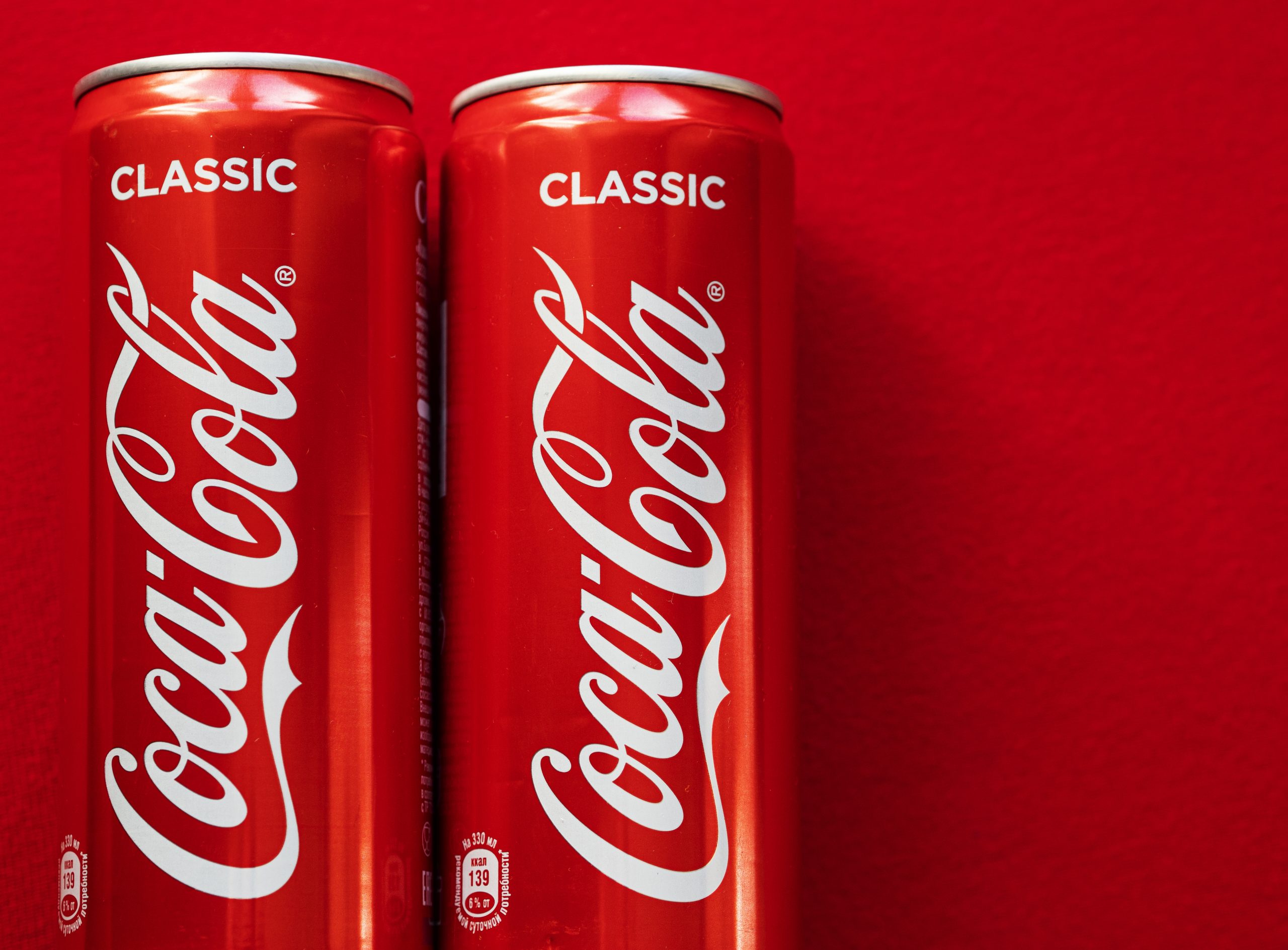How much sugar is actually in Coke - and what’s the difference between Diet Coke and Coke Zero?
Everything you need to know


Sugar can be sneaky - from lurking in our everyday essentials to our alcoholic drinks. Usually, we don’t even realise how much we are consuming in one sitting. Fizzy drinks are key culprits - often with very high levels of hidden sugar.
It probably won’t come as a surprise that Coke is one of the worst offenders - particularly with the amount it’s been in the headlines over recent years. But just how much sugar does Coke have in it? And what about the brand’s lower sugar alternatives?
How much sugar is in regular Coca-Cola?
Prepare for some serious stats… When it comes to Coke, as a general rule, there’s around 10.6 g of sugar per 100ml. This means that a 330ml can contains around 35g - which is about nine teaspoons of sugar.
A 500ml bottle, therefore, contains more than 50g of sugar and over 12 teaspoons. According to NHS guidelines, adults should have no more than 30g of free sugars a day - this is roughly the equivalent of seven sugar cubes. So a single can of Coca-Cola is already more than an adult's daily sugar allowance. Shocking.
How much sugar is there in Coke Zero and Diet Coke?
There are a variety of lower calorie/lower sugar alternatives to regular, full-fat Coke.
Coke Zero and Diet Coke are perhaps the most popular of these variations. Coke Zero features several common artificial sweeteners, including aspartame and acesulfame potassium (Ace-K). It contains zero calories and sugar but still retains a familiar Coke flavour. Diet Coke, on the other hand, uses low calorie sweeteners to give the drink a sugary taste without the sweet-tasting, soluble carbohydrate.
Despite the fact that sugar-free alternatives seem to be better for our health than sugary drinks, recent research has found these substitutes are more complex than we may realise.
GoodtoKnow Newsletter
Parenting advice, hot topics, best buys and family finance tips delivered straight to your inbox.
When diet drinks first launched in the 1950s, they were initially aimed at those who were looking to lose weight. But research has actually found a correlation between obesity and artificial sweetener.
In fact, one study found that people who drank more than 21 artificially sweetened beverages per week almost doubled their risk of overweight and obesity, compared with people who didn’t consume these kinds of drinks. Another study found that drinking diet soda was associated with greater waist circumference over 9–10 years. However, no clear link has been identified as of yet.
This means sugar substitutes may not be a clear-cut solution for those trying to lose weight.
What's the difference between Coke Zero and Diet Coke?
It all boils down to one single ingredient. Coke Zero features sodium citrate in its ingredients list, whereas Diet Coke contains citric acid, but the two drinks do actually taste different, too.
Coca-Cola zero sugar looks and tastes similar to the classic Coca-Cola. So is a great option for those who love the sugary sweetness of full-fat Coke, but don't want the nine teaspoons of sugar that comes with it. Whereas Diet Coke has a different blend of flavours which gives it a lighter taste. This tends to be popular with people who find normal Coke just a little too sweet.
Some people believe the two products have different target audiences, too. Many think Diet Coke - which launched in the 1980s - typically has a more female cult following, whereas others believe Coke Zero - which opts for a more masculine, darker packaging - is aimed at men. The latter was even dubbed as "Bloke Coke" during its early days in the UK.

With a BA hons in English from the University of Liverpool Lizzie has over 7 years' experience writing all things lifestyle for national titles such as Evening Standard, Woman and Home and the Metro.